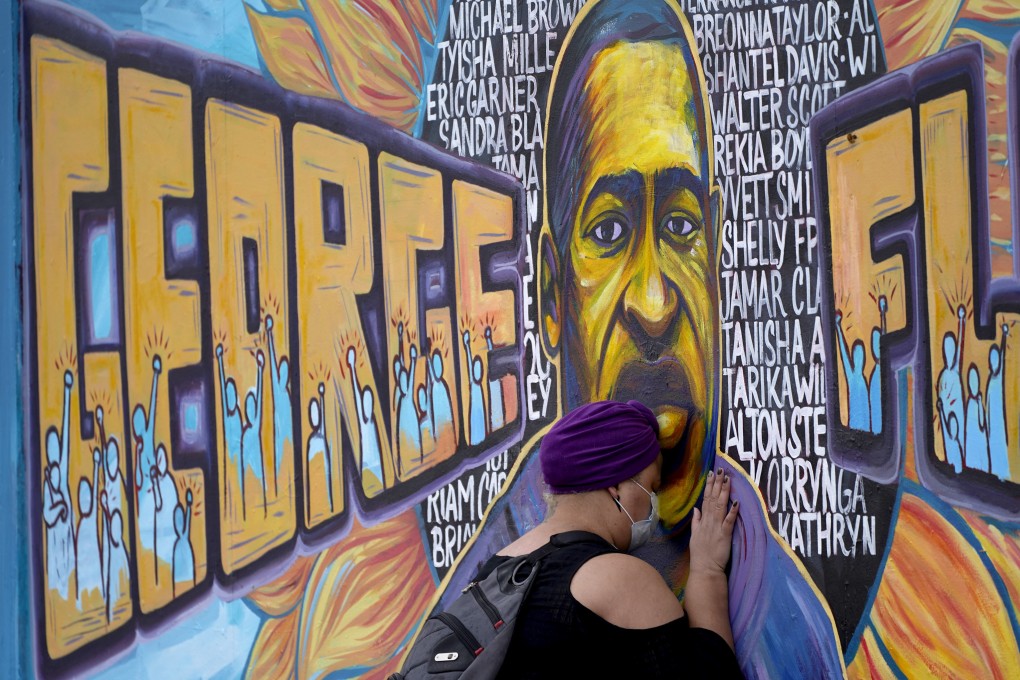Editorial | Policing at heart of George Floyd case
- That officer Derek Chauvin was found guilty is no surprise considering the video evidence presented in court and in the media; the real test, though, lies in how procedures will change going forward

Few racially charged trials in America have held global attention like that of white police officer Derek Chauvin for the killing of African American George Floyd. For a time it has pushed random race-hate attacks on Asian Americans over the coronavirus pandemic into the background. It has been immortalised by the words “I can’t breathe”, uttered over and over by a dying Floyd as Chauvin restrained him by kneeling on his neck for more than nine minutes during an arrest.
The verdicts against Chauvin prompted President Joe Biden to call for a “moment of significant change” to fight systemic racism in policing. “No one should be above the law,” Biden said.
Despite the different outcomes of the Floyd and King cases there are depressing similarities. One of them is that a police force will be prone to reflect the values of the society from which it originates. In that respect Chauvin’s record projects a worry. He was involved in more than 15 disciplinary cases before the George Floyd killing but remained on the beat, suggesting he is a product of the system. The system needs to change if there is not to be another Chauvin.
It is to be hoped that in considering their verdicts, jurors were mindful of the prosecution’s argument that Chauvin’s trial was not anti-police, a slur often used against efforts to make excessive use of force accountable.
